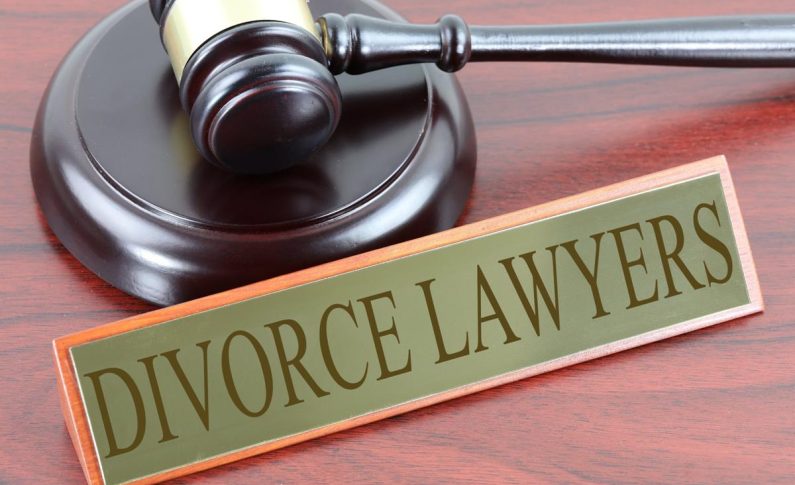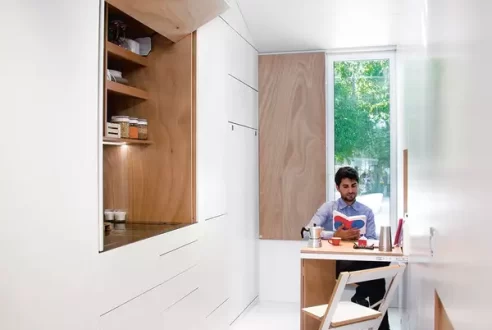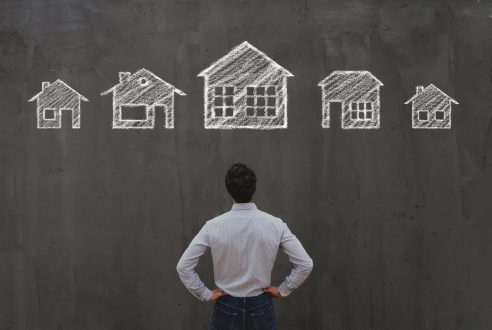Buy-Back of an Equitable Share Between Spouses
Summary
– Buy-back of the balance of payments: legal principle and procedures
– Illustration
– Reverse payment and credit financing
A purchase of a balance of payments occurs when a third party buys back from his or her spouse or a member of their family the share of a property held in common. The repurchase of balance occurs, for example, at the time of inheritance (joint ownership) or in the event of divorce. This operation implies the payment of financial compensation.
Share Repurchase
: legal principle and terms
This operation makes it possible to buy back the shares of a joint owner, for example, during an inheritance or a divorce. After payment of the balance, the buyer becomes the sole owner of the property, which he can then dispose of as he pleases.
The repurchase of the balance goes hand in hand with the payment of a monetary amount corresponding to the value of the repurchased share. If the property is financed by credit, the loan amount will be deducted from the balance in proportion to the commitments of the 2 co-borrowers.
To determine the amount of this balance with precision, the services of a notary are essential. The notary will take care of the inventory and estimate the property. Then, he will issue a notarized deed that serves as a certificate of value. This document is essential for the other steps related to purchasing the balance.
Illustration

In the case of a divorce, the balance represents the amount that one of the partners will have to pay to obtain the full ownership of a property bought in common.
After years of marriage, a couple married under the community of acquests regime decides to separate. These spouses own a home purchased in joint ownership among the common property. Their right of ownership is proportional to their financial participation when buying the property (50/50, 40/60, etc.). If the property belongs to each of the two spouses in half, the balance amount will represent 50% of the property’s value. If the proportion is 60/40, it will be 40% of the property’s price, etc.
With the regime of the community of acquests, the movable or immovable property owned before the marriage remains the spouses’ personal property. The joint assets of the spouses are made up of their property, common property and debts.
Good to know: the calculation of the purchase of the balance considers the current value of the property and not its initial value.
Buy-back and credit financing
It is possible to finance the purchase of the balance of payments with a real estate loan. The value of the property determines its amount. As in the case of a traditional loan, the obtention of the loan will depend on the solidity of the buyer (permanent employment contract, etc.), as the repayment effort must not exceed 33% of his net disposable income. In practice, if the property is financed on credit, the seller will have to disengage himself from the real estate loan, the buyer taking over the credit under his aegis.
Eventually, the buyer will change financer or regroup all his credits to reduce his global repayment charge.
There are potentially many costs associated with the purchase of debt relief. Among them, we can mention:
– penalties for early repayment of the previous loan (up to a limit of 3% of the outstanding capital or one half-year of interest);
– the guarantee costs (mortgage, etc.) of the new credit;
– the notary’s fees;
– transfer fees and other taxes deducted by the notary and then passed on to the State and local authorities.
Good to know: if neither of the co-borrowers has the financial means to buy out the other’s share, the property will be put up for sale. Both spouses will then be required to pay the monthly repayments until the property is sold.




Pingback: What Are Your Rights and Obligations as a Co-owner - Real Estate Blog